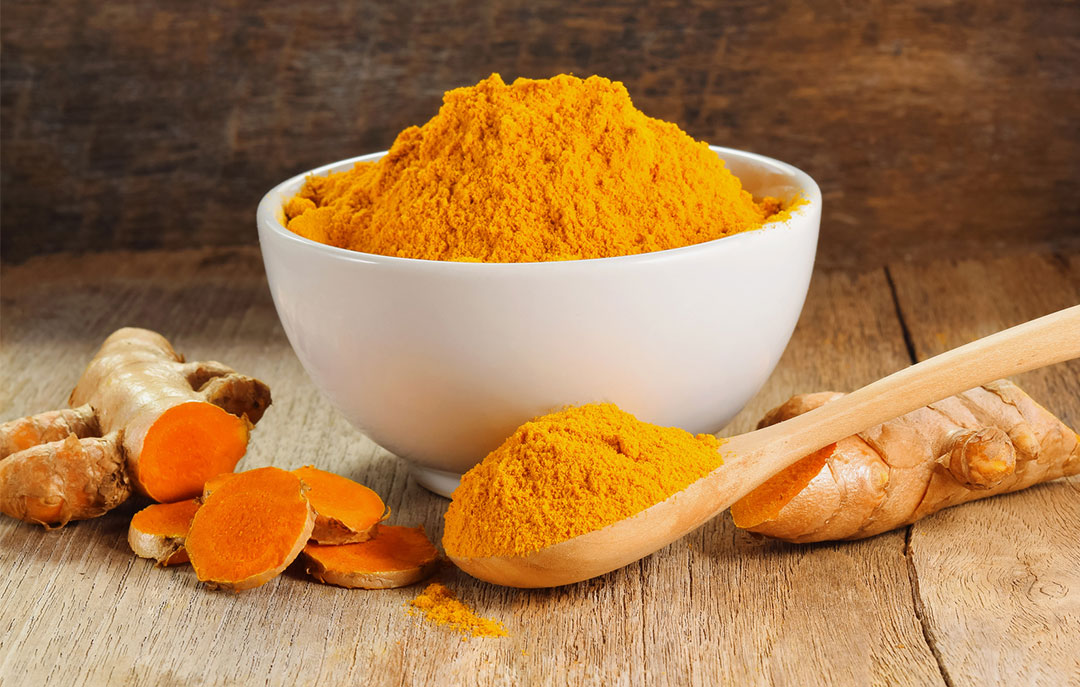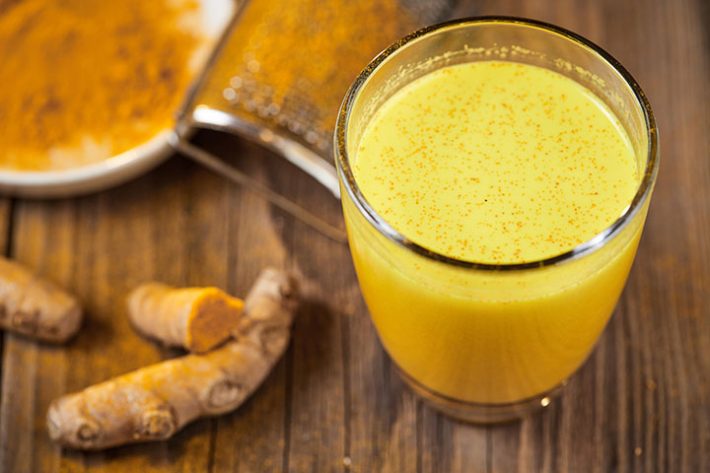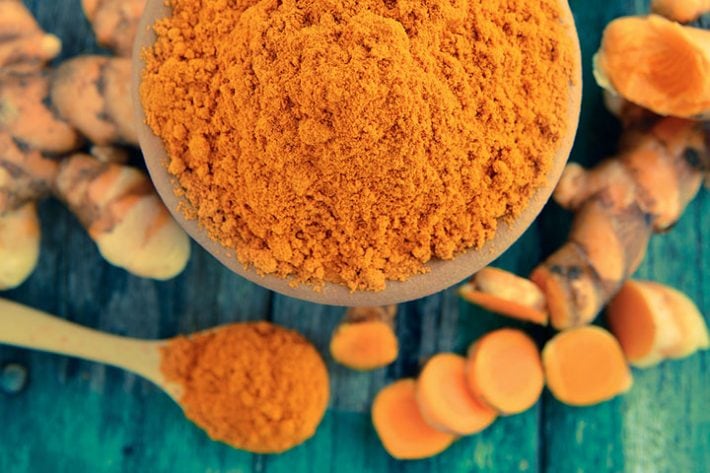How to Get the Most Benefits from Turmeric

If you saw a list of all the ways herbalists use turmeric to help improve people’s health, it would be so extensive you might think it unbelievable. Learning Herbs shares insight on turmeric. How do YOU use turmeric in your household? Share with us in the comments below.
TURMERIC
How can one herb do so much?
It may be due to turmeric’s incredible ability to modulate inflammation. Inflammation plays a significant role in cancer, type 2 diabetes, autoimmune disorders, asthma, arthritis, ulcerative colitis, periodontitis, eczema, psoriasis, and many other ailments. In fact, many of the major diseases plaguing the Western world can be linked to chronic systemic inflammation.1

How to Use Turmeric
You can most easily find turmeric in powdered form. The best-quality turmeric will be a very bright orange. If it has turned to a browner shade, then you know it is not very fresh.
Turmeric is full of amazing antioxidants and constituents, but it is not easily absorbed by the digestive system.
Here are two important tips for dramatically increasing the bioavailability of turmeric:
1. Add black pepper
Add a small amount, roughly 3 percent, of freshly ground black pepper to your turmeric. This has long been the practice in Ayurveda, and science has proved that piperine, an extract of black pepper, increases the bioavailability of curcumin by as much as 2,000 percent.2
2. Heat turmeric in oil
Another tip is to take your turmeric heated in oil. The heat and oil help to better extract its constituents, making them more available in your body.
If you walk into any health food store, you will see many different options for taking curcumin, a constituent of turmeric. In fact, it’s impossible to read about the plant turmeric without also hearing about curcumin. However, I am skeptical anytime science reduces a complex herb down to one component.
The fact that herbs have hundreds if not thousands of constituents that work on a variety of pathways in the body is what makes them so uniquely powerful. Although studies have shown that curcumin extracts may have certain benefits, I recommend reaping the rewards of the whole root.
 Recommended Amounts
Recommended Amounts
When you enjoy turmeric in culinary dishes for preventive care, the amount of turmeric you use isn’t very high—perhaps 1 gram a day. However, if you are using turmeric for more specific conditions, then higher dosages may be necessary to get the results you would like, and taking capsules may be the easiest choice.
The therapeutic amount for turmeric is as follows:
As powder: 1 to 10 grams per day
As tincture: 1:2, 60% alcohol, 2 to 4 mL, 2 to 3 times per day3
Special Considerations
Turmeric is mildly warming and drying and may exacerbate hot and dry conditions. If you take too much, you might feel unusually thirsty or experience hot flashes or night sweats. Turmeric is often combined with ghee or demulcent herbs to offset this effect.
The following people should avoid large amounts of turmeric: those who are currently taking blood thinners, people with blood-clotting disorders, people who have known gallstones (although this is controversial), and women who are pregnant or breastfeeding (also controversial).
Want to learn more about turmeric and get recipes for Warmed Golden Milk, Turmeric and Pumpkin Seed Paté, and more? Get your copy of Rosalee’s NEW book, Alchemy of Herbs!
- Khansari, Nemat, Yadollah Shakiba, and Mahdi Mahmoudi. “Chronic Inflammation and Oxidative Stress as a Major Cause of Age-Related Diseases and Cancer.” 3, no. 1 (2009): 73–80. doi:10.2174/187221309787158371. ↩
- Kuptniratsaikul, Vilai, et al. “Efficacy and Safety of Curcuma Domestica Extracts Compared with Ibuprofen in Patients with Knee Osteoarthritis: A Multicenter Study.” 9 (March 20, 2014): 451–58. doi:10.2147/CIA.S58535. ↩
- Shoba, G., et al. “Influence of Piperine on the Pharmacokinetics of Curcumin in Animals and Human Volunteers.” 64, no. 4 (1998): 353–56. doi:10.1055/s-2006-957450. ↩






